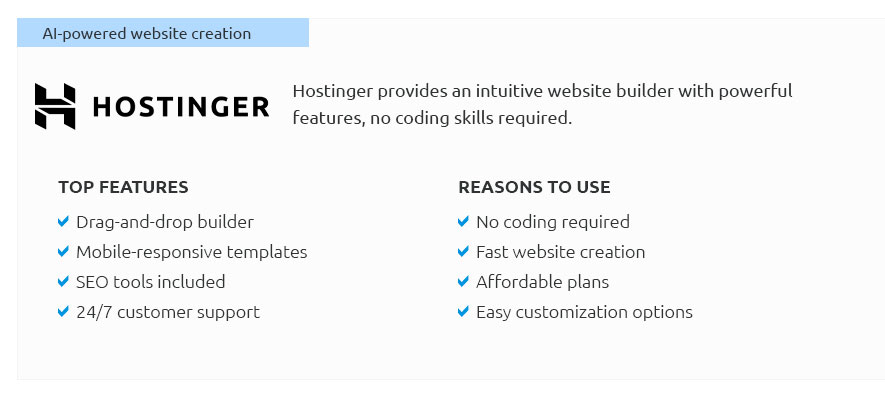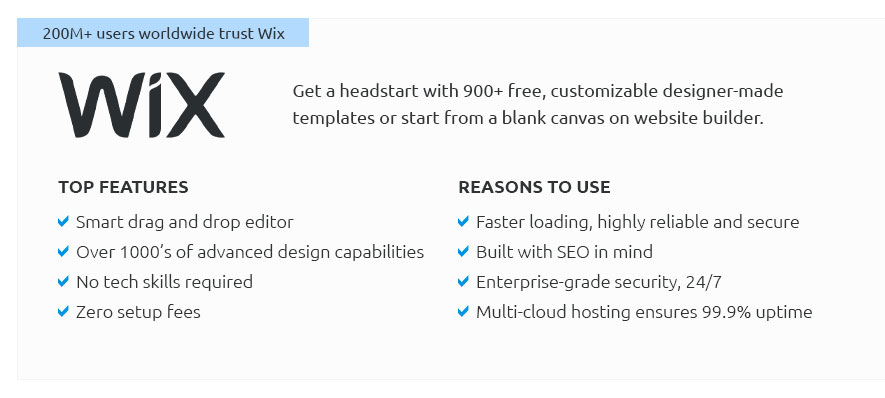 |
 |
 |
 |
|
 |
 |
 |
|
 |
|
 |
 |
|
 |
|
 |
|
 |
 |
How to Properly Design a Website: Key Tips and TechniquesUnderstanding Your AudienceBefore you start designing, it's essential to understand who your audience is. This will guide your design choices and help you create a website that resonates with users. Consider conducting surveys or creating user personas to get a clearer picture. Planning Your LayoutCreating a SitemapA sitemap is a blueprint of your website. It helps organize content logically and ensures users can navigate easily. Start with the main pages and branch out to subpages. Choosing the Right StructureDecide on a structure that suits your content. Common structures include hierarchical, sequential, and matrix designs. Each has its own benefits depending on the type of content you offer. Designing for User Experience (UX)Ensuring Easy NavigationNavigation should be intuitive and straightforward. Utilize clear labels and keep the menu visible on all pages. Consider implementing breadcrumb trails for complex websites. Focusing on SpeedPage load speed is critical. Compress images, minify CSS and JavaScript files, and consider a Content Delivery Network (CDN) to improve performance. Incorporating Aesthetics and BrandingUsing Consistent Colors and FontsMaintain brand consistency by using the same color palette and typography across your website. This helps build brand recognition and makes your site more professional. Creating Engaging ContentContent should be engaging and relevant to your audience. Use bold text to highlight important information and break up long paragraphs for better readability. Optimizing for Search Engines (SEO)Using Keywords EffectivelyIncorporate relevant keywords naturally within your content. Avoid keyword stuffing as it can negatively affect user experience and SEO rankings. Improving Mobile ResponsivenessEnsure your website is mobile-friendly. Use responsive design techniques to adjust your layout based on screen size, improving both user experience and SEO. For more tailored solutions, check out the best website builder for weddings that suits specific niche needs. Frequently Asked Questions
For personal projects, exploring options for building personal website can provide you with customized solutions. https://webflow.com/blog/how-to-learn-web-design
How to become a web designer: 9 steps - HTML determines how a website's content, images, navigation, and other elements display in a browser. https://www.reddit.com/r/web_design/comments/wwbrax/what_steps_do_you_follow_when_designing_a_website/
Notes and Considerations: - Attempt to solve all problems at this point. - Create a sitemap. - Create a content plan. - Determine if there is a ... https://www.youtube.com/watch?v=ShSNbXkxQS8
... tips from a web designer that will level up your website design skills and workflow. So, whether you're new to web design or an experienced ...
|